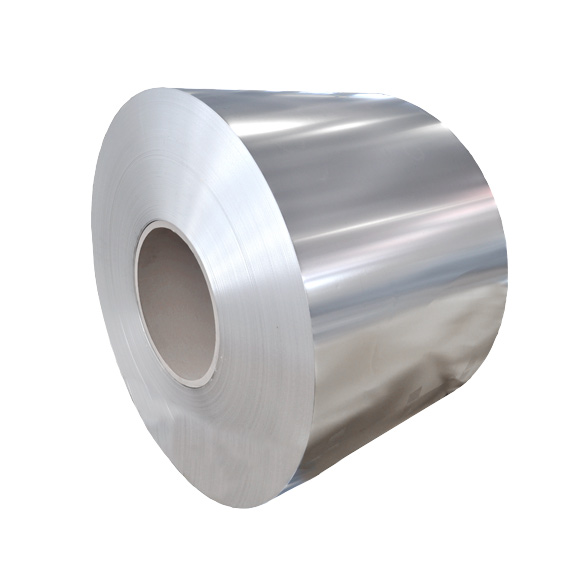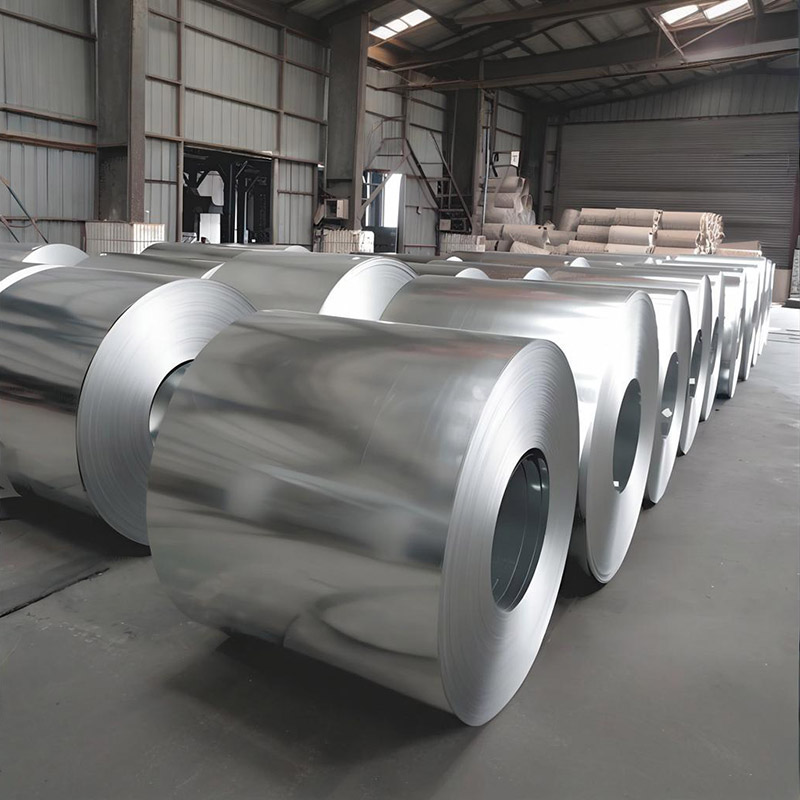What exactly is tinned strip coil and why has it become indispensable in modern electrical applications? Tinned strip coil refers to copper or aluminum strips coated with a thin layer of tin, specifically engineered for electrical conductivity and corrosion resistance. This specialized material has revolutionized how we approach electrical connections and components in various industries.
Why should electrical engineers and manufacturers prioritize tinned strip coil over traditional alternatives? The answer lies in its exceptional properties. The tin coating provides superior corrosion protection, extending the lifespan of electrical components in harsh environments. Additionally, tinned strip coil maintains excellent electrical conductivity while offering enhanced solderability, making it ideal for applications requiring reliable connections.
Where can you find tinned strip coil in action? Its applications span across numerous sectors. In transformers and inductors, tinned strip coil ensures efficient electromagnetic performance. Power distribution systems rely on its current-carrying capacity and heat resistance. Automotive electronics benefit from its durability and vibration resistance. Even renewable energy systems, such as solar inverters, utilize tinned strip coil for their critical connections.
How do you select the right tinned strip coil for your specific needs? Consider factors such as thickness, width, and tin coating percentage. The application environment will determine the required corrosion resistance level. For high-frequency applications, surface smoothness becomes crucial. Always verify compliance with industry standards like IPC-A-610 to ensure quality and reliability.
From our experience in the field, we’ve discovered that proper installation significantly impacts performance. One manufacturer shared how switching to tinned strip coil reduced connection failures by 40% in their industrial control panels. The key was ensuring clean mating surfaces and avoiding excessive bending during installation, which can compromise the tin coating’s integrity.
What does the future hold for tinned strip coil technology? As electrical systems become more compact and efficient, demand for high-performance tinned strip coil continues to grow. Emerging applications in electric vehicles and smart grid infrastructure are driving innovation in alloy compositions and manufacturing processes, promising even greater performance and sustainability.
In conclusion, tinned strip coil represents a critical component in modern electrical applications, offering unmatched reliability, conductivity, and durability. By understanding its properties, applications, and proper handling, engineers and manufacturers can leverage this material to create more efficient and longer-lasting electrical systems.



